Tag: personal health record
-
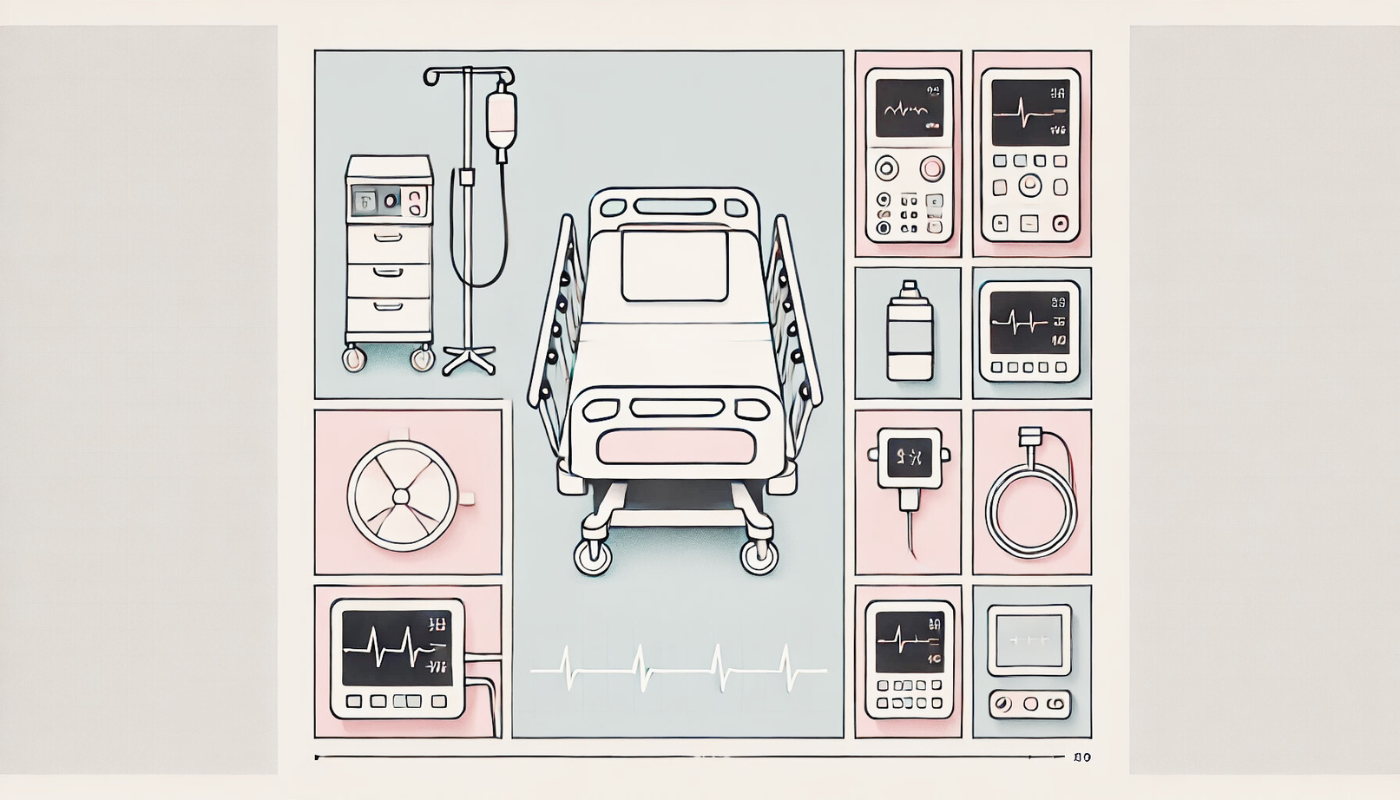
When Someone Is in the ICU Without a Known Cause
When a loved one is suddenly admitted to the ICU for an unknown reason, it can be an overwhelming and emotional experience. My uncle recently found himself in this situation—unconscious for days with no clear cause and my aunt feeling overwhelmed. Navigating this challenging time taught me the importance of being proactive and informed. I…
-
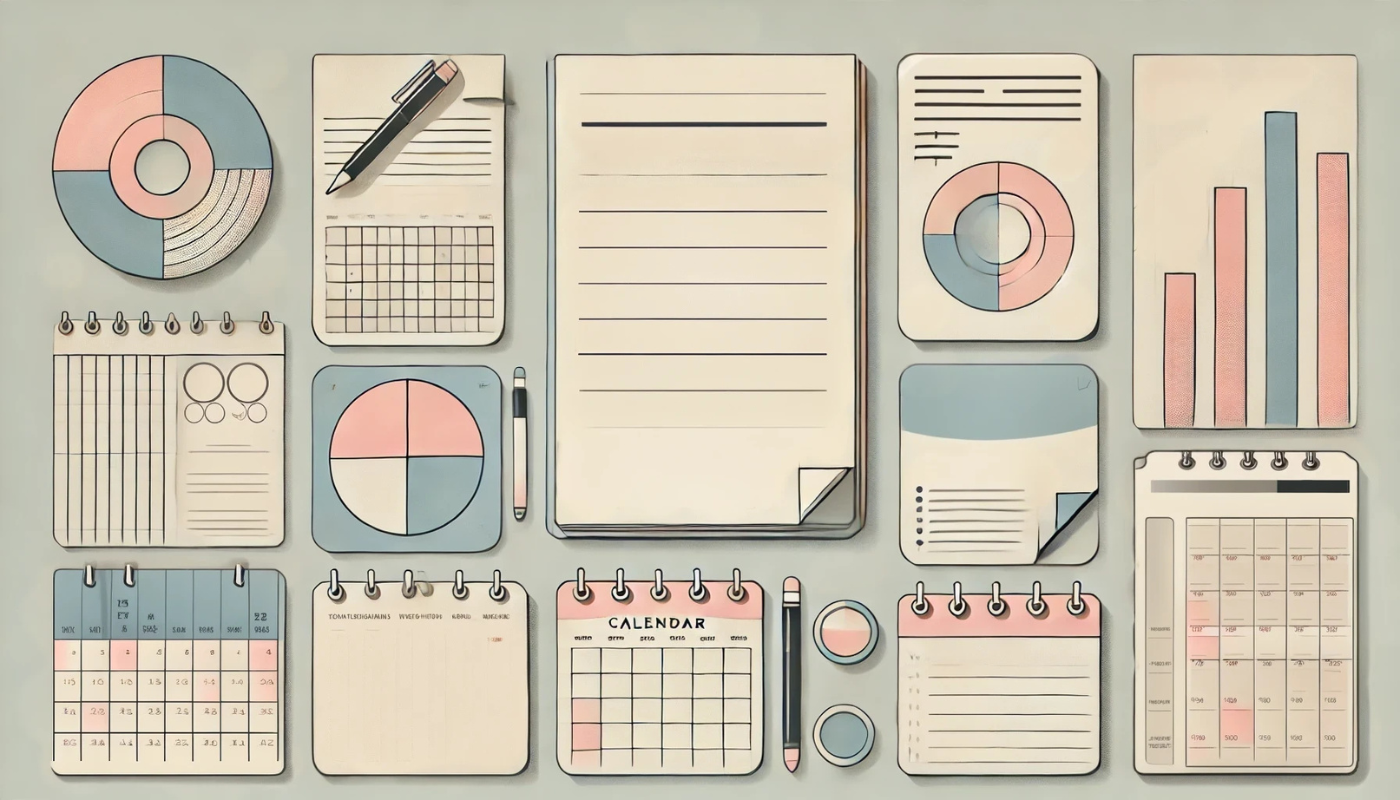
5 Effective Ways to Track Symptom Patterns
Monitoring your symptoms over time can provide valuable insights into your health, aid in early detection of medical conditions, and improve communication with healthcare providers. Keeping track of symptom patterns helps in managing chronic illnesses, identifying triggers, and assessing the effectiveness of treatments. Here are five effective methods to track symptom patterns to better manage…
-
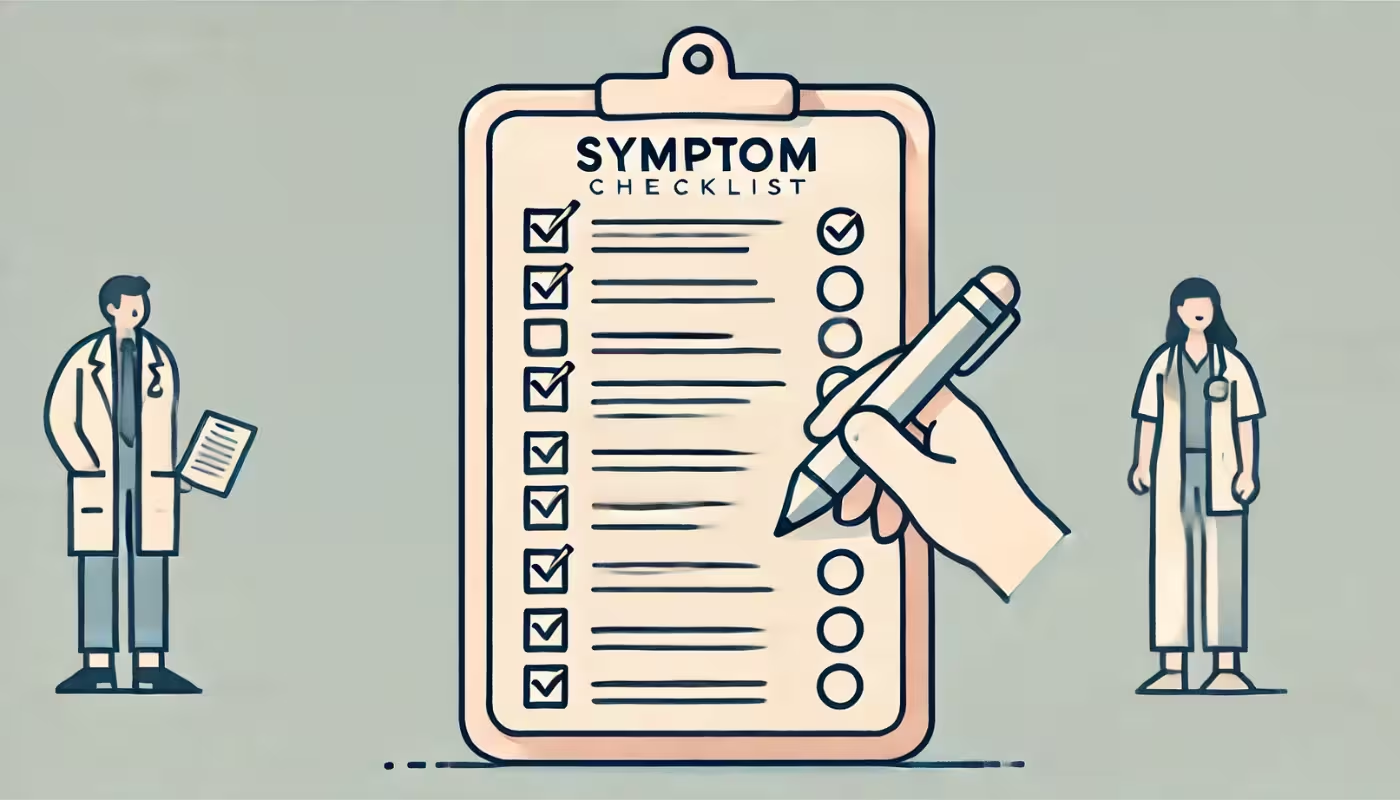
Health Monitoring for Chronic Conditions
Managing chronic health conditions? Here’s your complete guide to daily health tracking. Quick Facts: Here’s what you need to track each day: Vital Sign When to Check Normal Range Red Flag Blood Pressure 2x daily 90/60-120/80 >140/90 Heart Rate Morning/Evening 60-100 <60 or >100 Temperature If feeling ill 97.8-99.1°F >100.4°F Blood Oxygen 2x daily 95-100%…
-

BMI & Body Fat: What You Need to Know
Let’s start with BMI. It’s a simple calculation based on your height and weight. The formula for BMI can be found on Wikipedia. When you plug in the numbers, you get a score that falls into one of these categories: BMI is popular because it’s quick and easy to calculate, making it a useful tool…
-

Monitor ADHD Treatment with My Free Google Sheet
Keeping a log can help you be more mindful in tracking your ADHD medication usage and its effects on your daily life. By consistently logging your experiences, you can gain valuable insights into how your medication is working and make informed decisions about your treatment. Tracking this information over time can provide a clearer picture…
-

5 Ways to Track Your Symptoms
When it comes to managing your health, tracking symptoms can be incredibly valuable. Whether you’re dealing with a chronic condition or just trying to stay on top of your overall wellness, documenting symptoms can help you and your healthcare provider identify patterns, triggers, and the effectiveness of treatments. Here are five simple and effective ways…
-
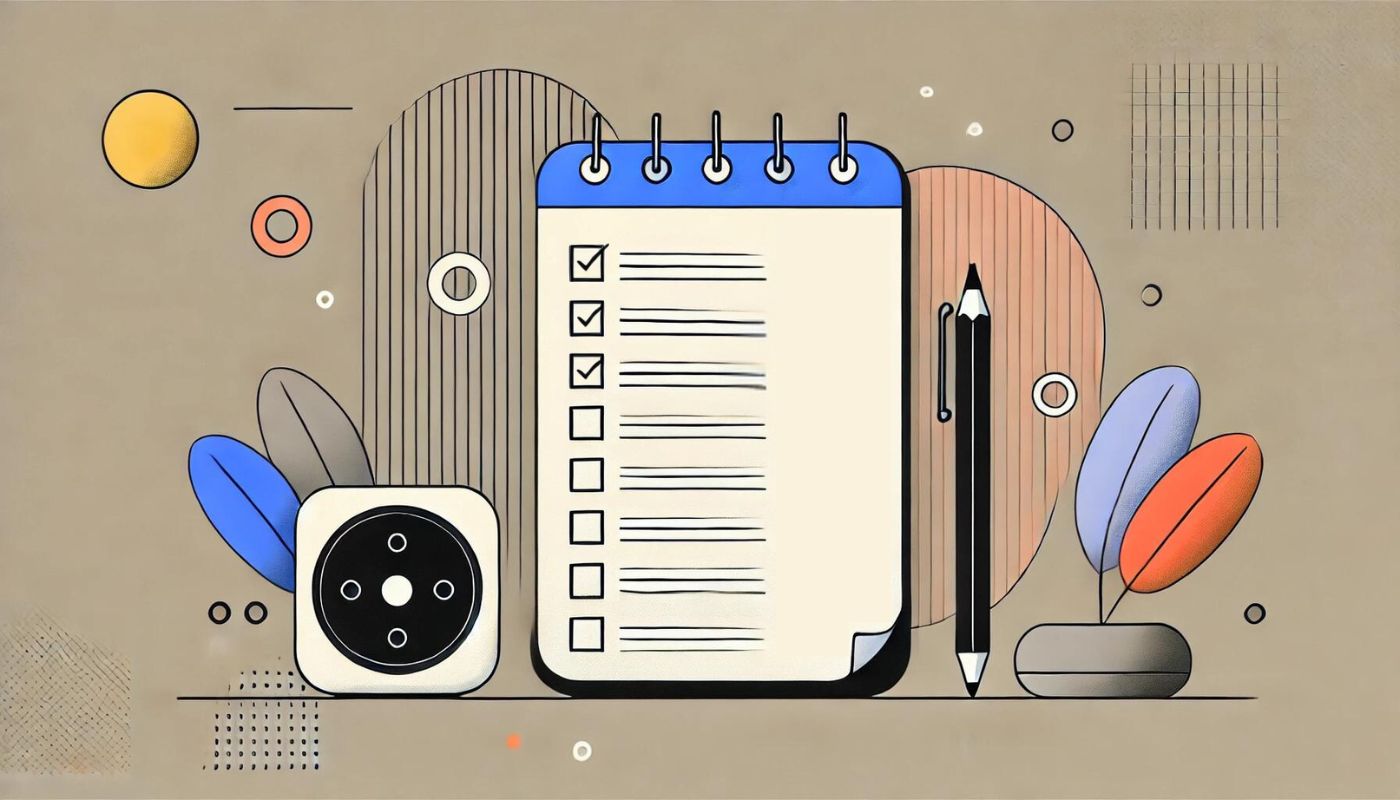
Using a Calendar & Smart Tech for Health
Managing symptoms and side effects can be challenging, especially if you have multiple health conditions or are on several medications. Leveraging digital tools like a calendar and smart assistants can streamline this process, helping you keep accurate records and monitor your health more effectively. Here’s how you can use these tools to track your symptoms…
-
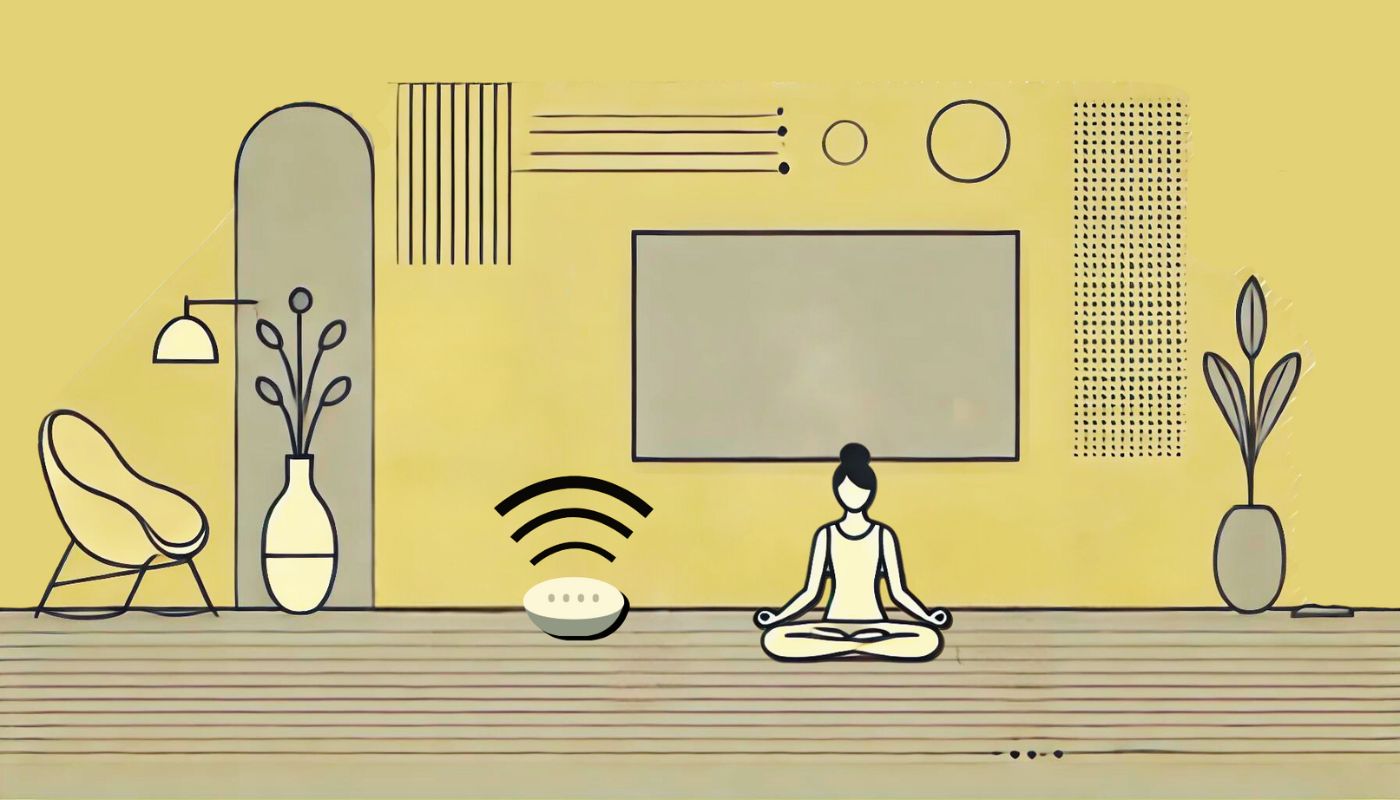
Improve Work-Life Balance with Smart Tech
Title: How Smart Assistants Can Help You Find Better Work-Life Balance We all know how tricky it can be to balance work and personal life, especially with everything we juggle daily. But did you know that your smart assistant—whether it’s Alexa, Google Assistant, or Siri—can be a game-changer when it comes to managing your time…
-
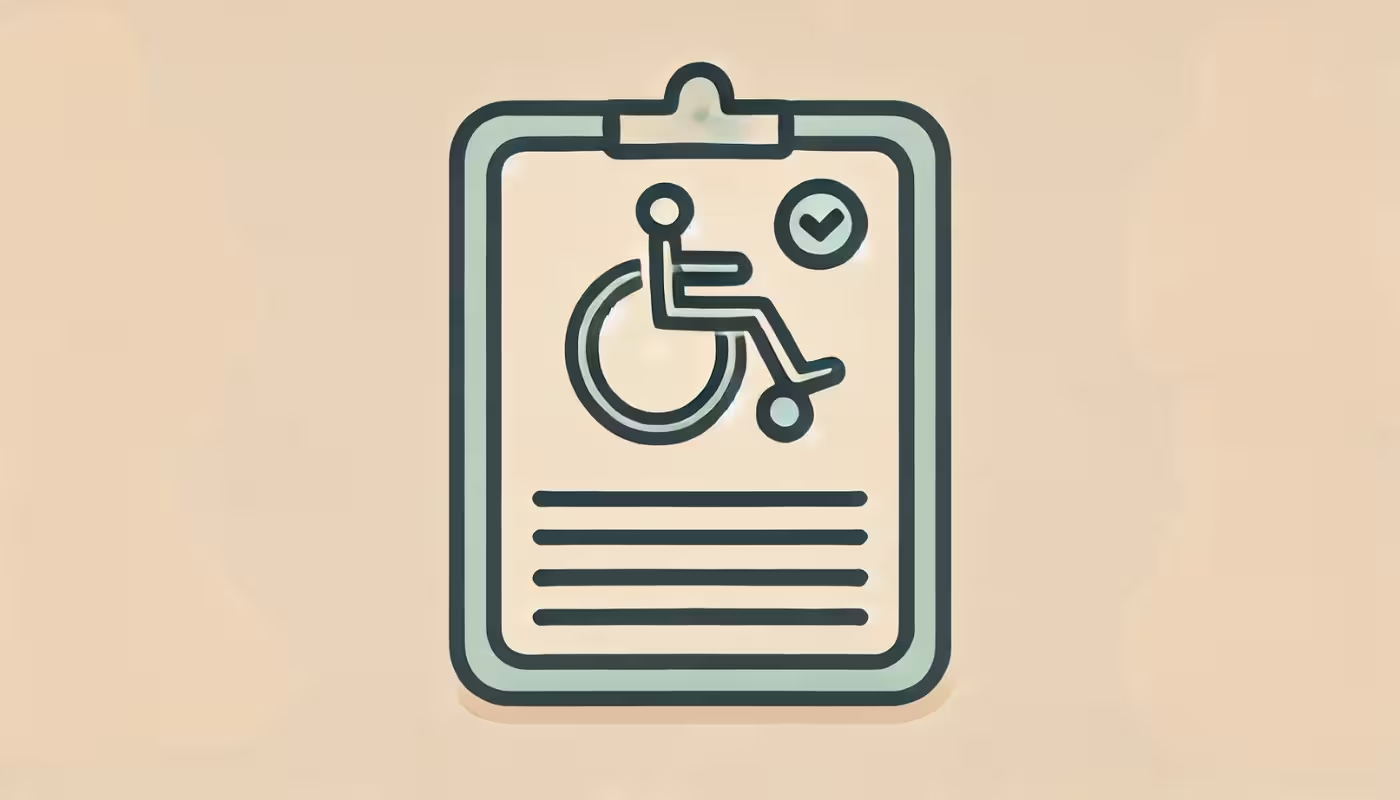
Empowering Individuals with Disabilities with PHR
For individuals with disabilities, managing health care can be an even greater challenge, especially when accessibility needs complicate the process. Maintaining a personal medical history—a centralized, easy-to-access record of all your health information—can help make managing health easier and more efficient. It not only ensures that vital information is always at hand, but it also…
-
Tips for Keeping Your Health Record Up to Date
Keeping your personal health record (PHR) up to date is easier than you might think, and it’s so worth it. A PHR is basically your health history in one place—everything from medications to surgeries to allergies. Staying on top of it ensures you always have the latest info at your fingertips, which can be a…